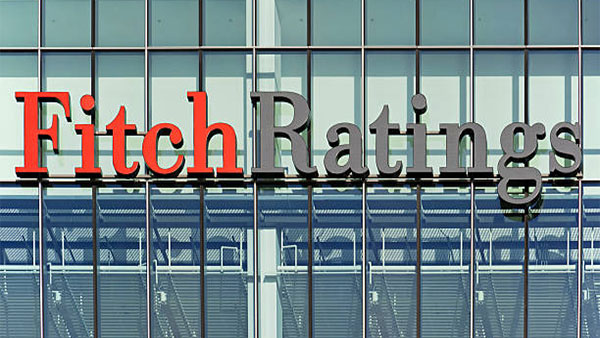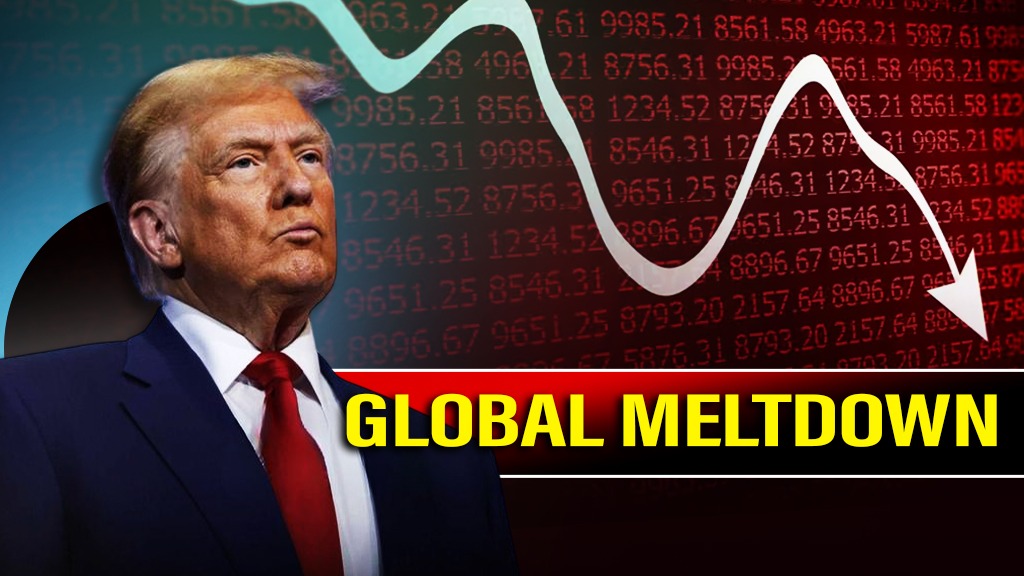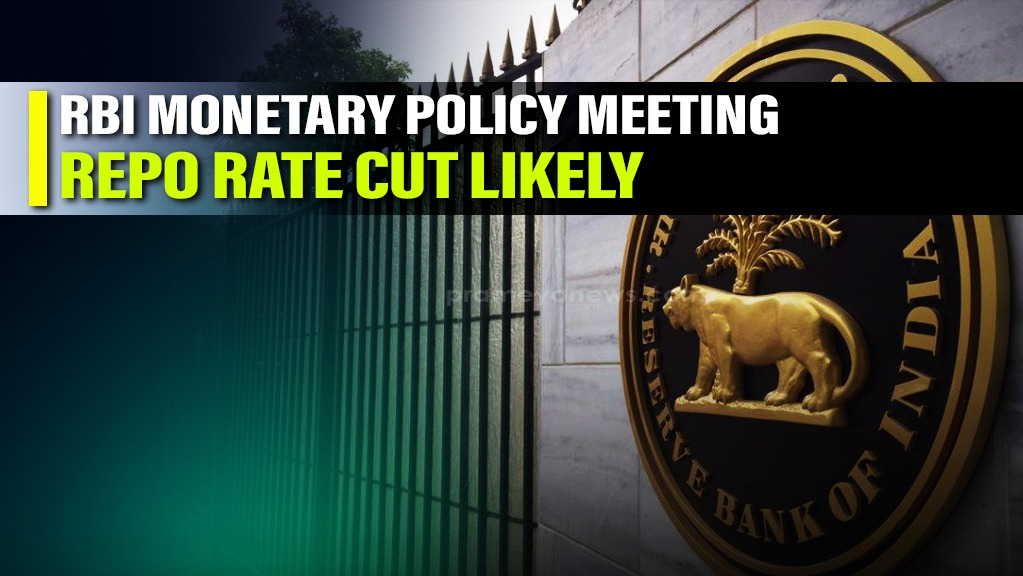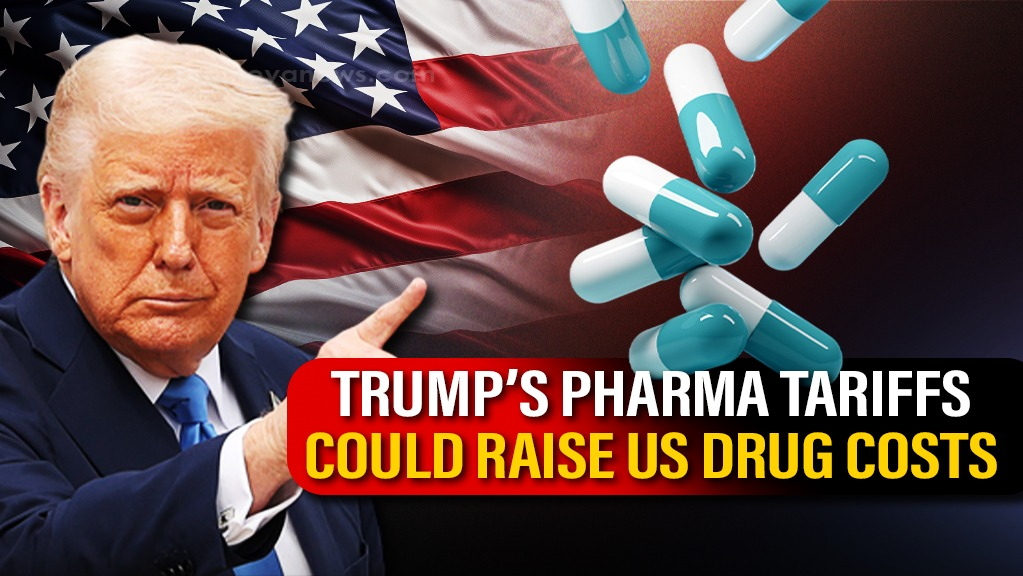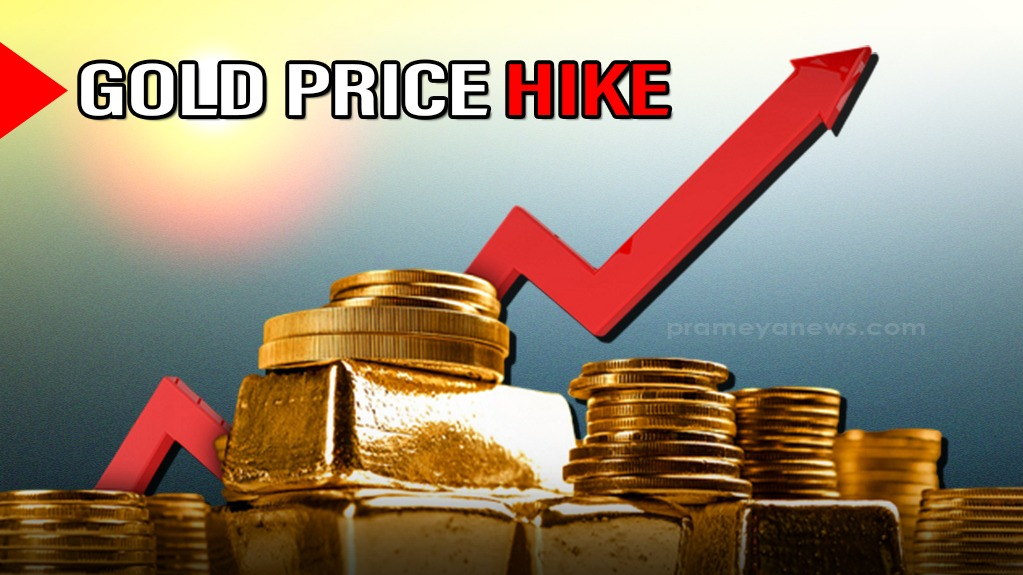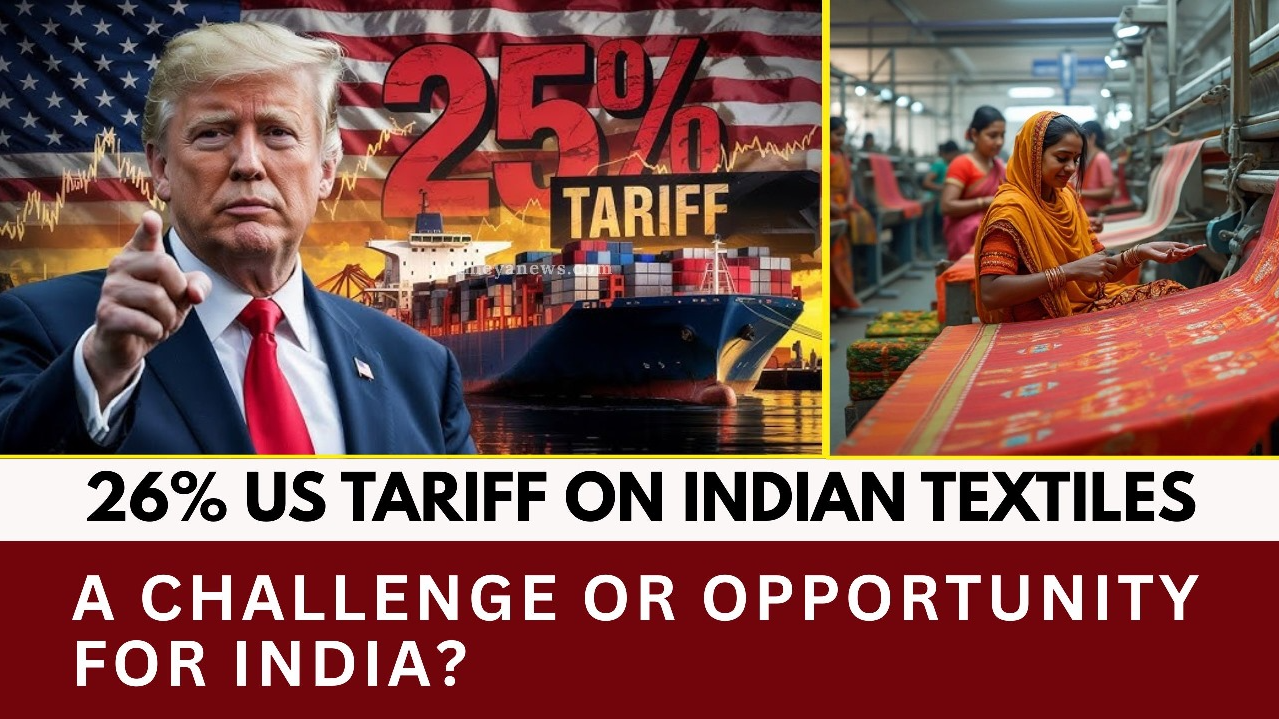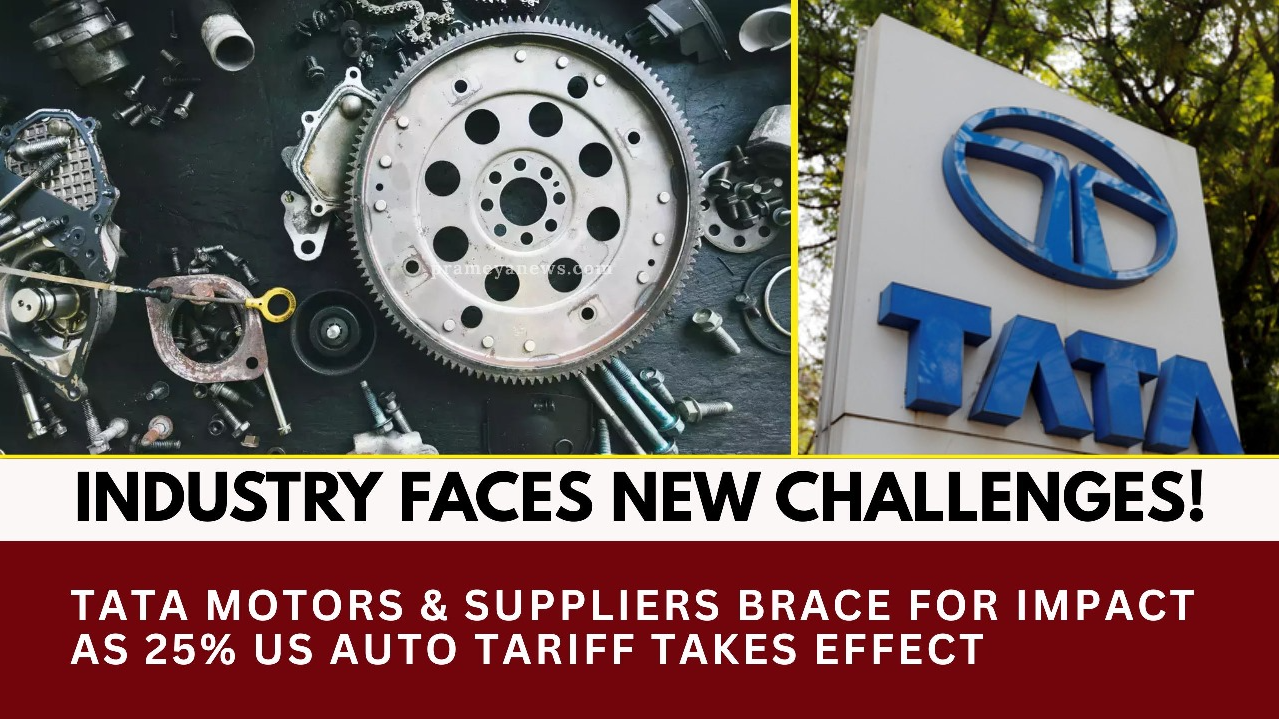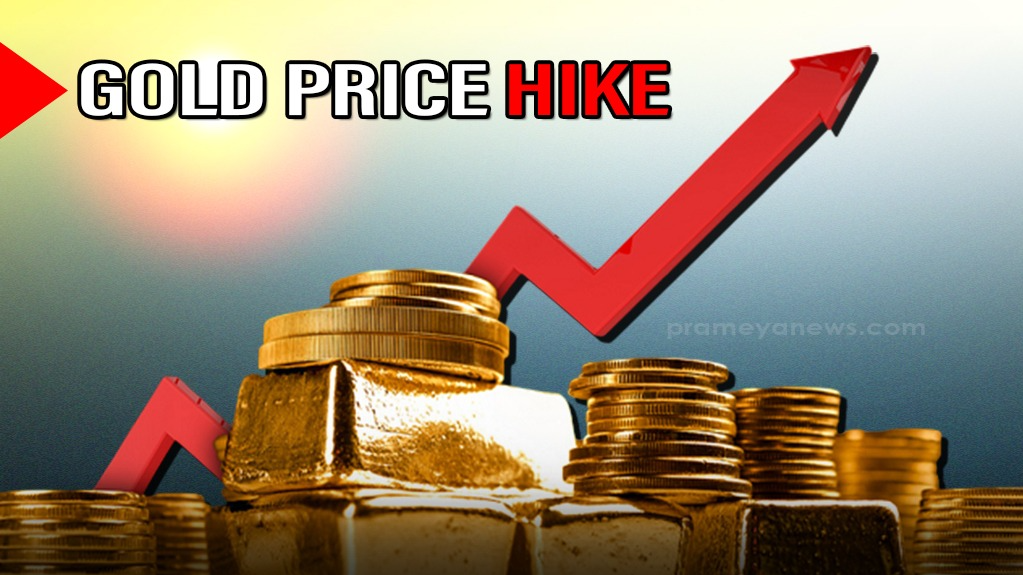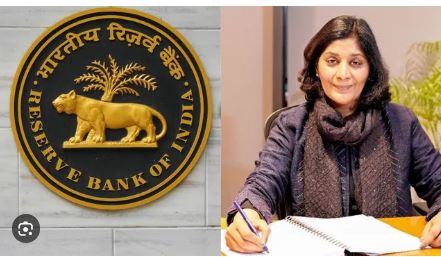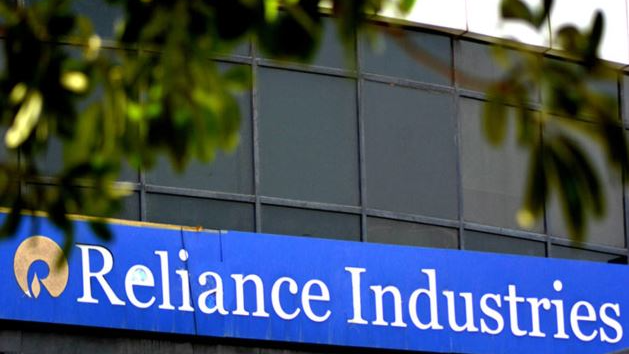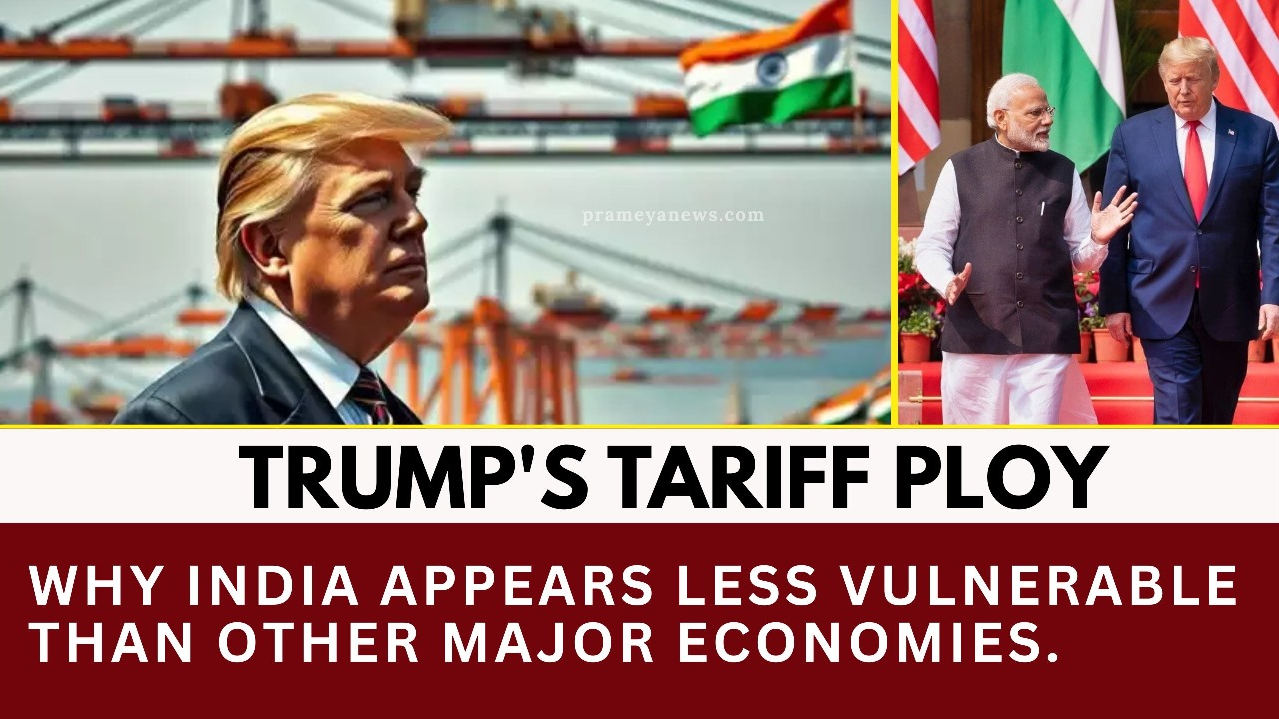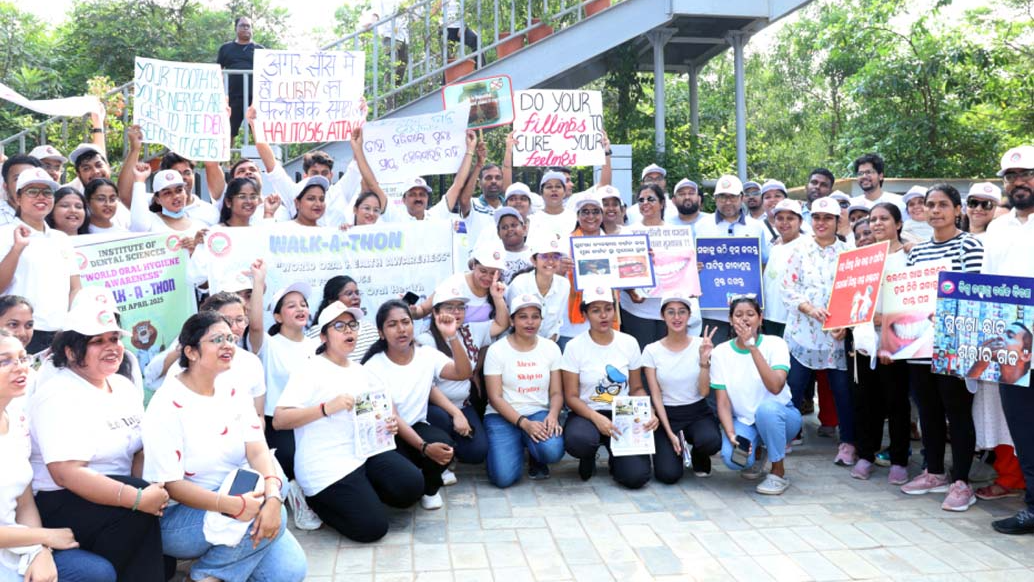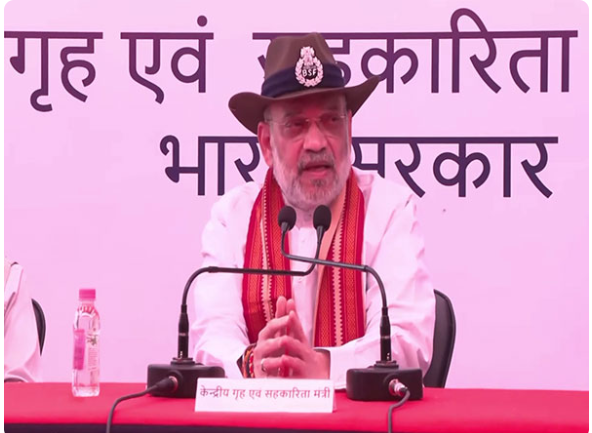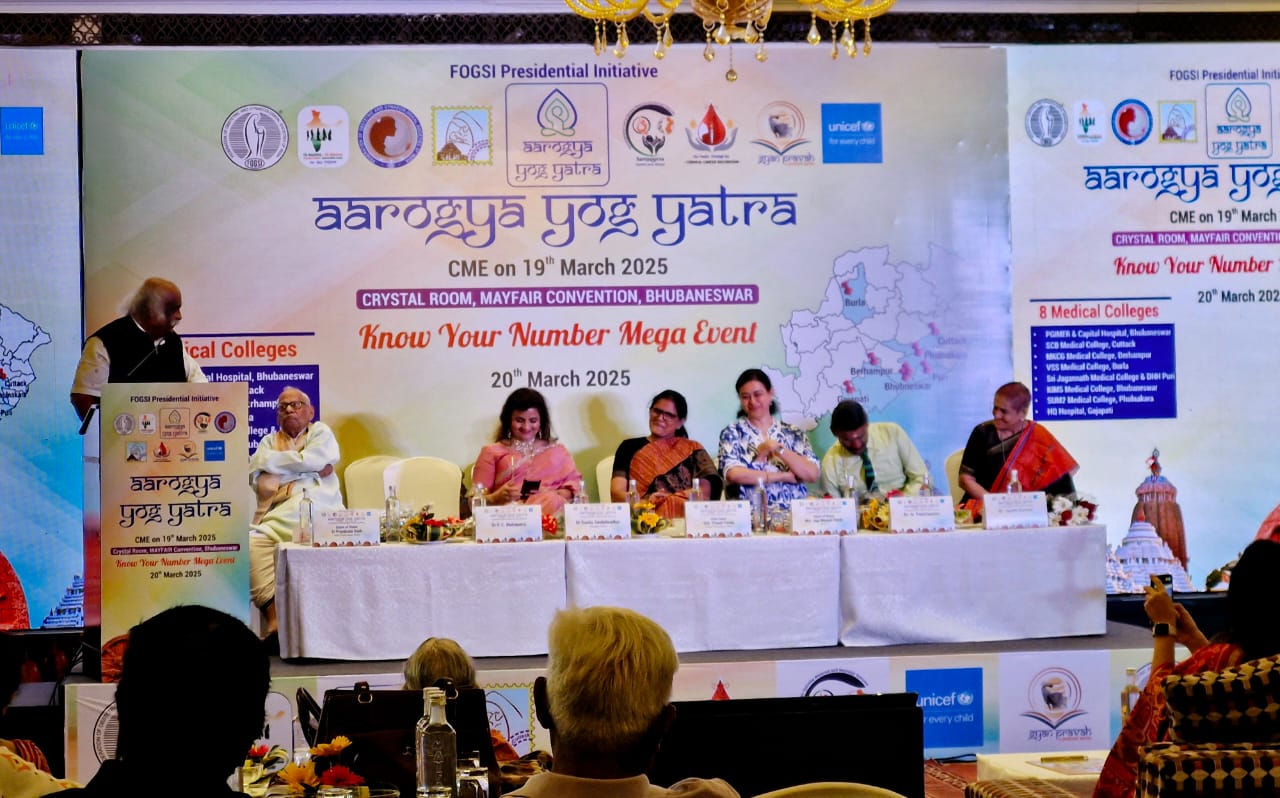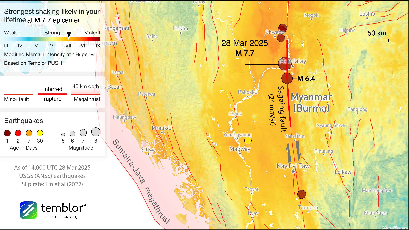New Delhi, April 6: The reciprocal tariffs introduced by the United States have significantly heightened the risk of a recession in the country and could limit the US Federal Reserve's ability to further reduce interest rates, according to a note from Fitch Ratings.
Following the higher-than-expected tariffs imposed by the US administration, the ratings agency has revised its growth forecast for the US in 2025, projecting it to be slower than the 1.7% growth previously anticipated in March.
Fitch Ratings pointed out that the tariff increases will lead to higher consumer prices and reduced corporate profits in the US. "Rising prices will erode real wages, putting pressure on consumer spending, while lower profits and continued policy uncertainty will dampen business investment," the agency stated.
The agency also noted that the upward pressure on goods prices due to the tariffs, combined with a recent significant rise in US households' medium-term inflation expectations, will likely prompt the Federal Reserve to be more cautious in implementing further rate cuts in the near future.
Fitch believes the negative impact of the tariff hikes will likely outweigh the potential benefits that US companies could receive from enhanced protection against foreign competition. Additionally, the broad scope of these tariff increases limits the potential for trade diversion, suggesting that the trade conflict will have widespread adverse effects.
Since beginning his second term, President Trump has reiterated his commitment to tariff reciprocity, insisting that the US will impose matching tariffs on countries, including India, to ensure fair trade. On April 2, the US President signed an executive order on reciprocal tariffs, imposing additional duties ranging from 10% to 50% on imports from all trading partners.







